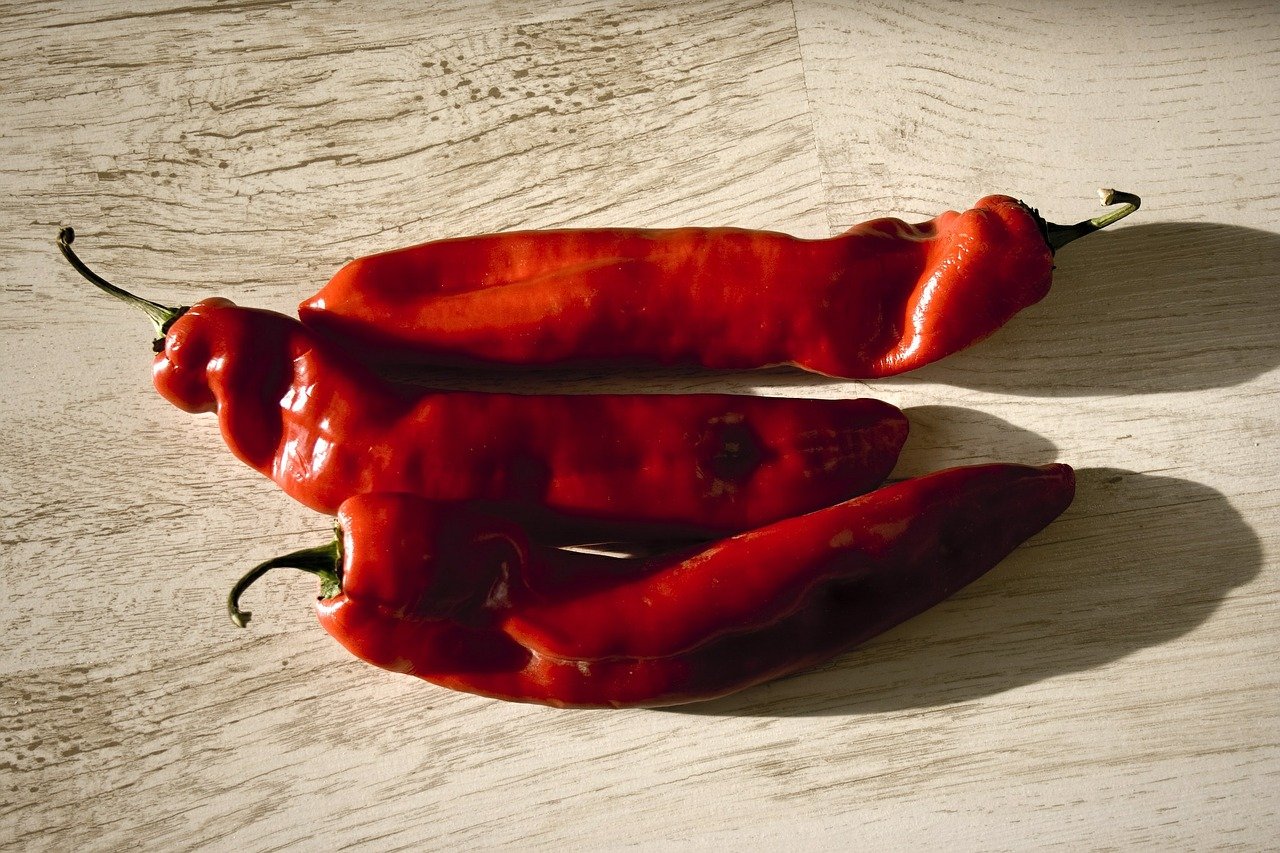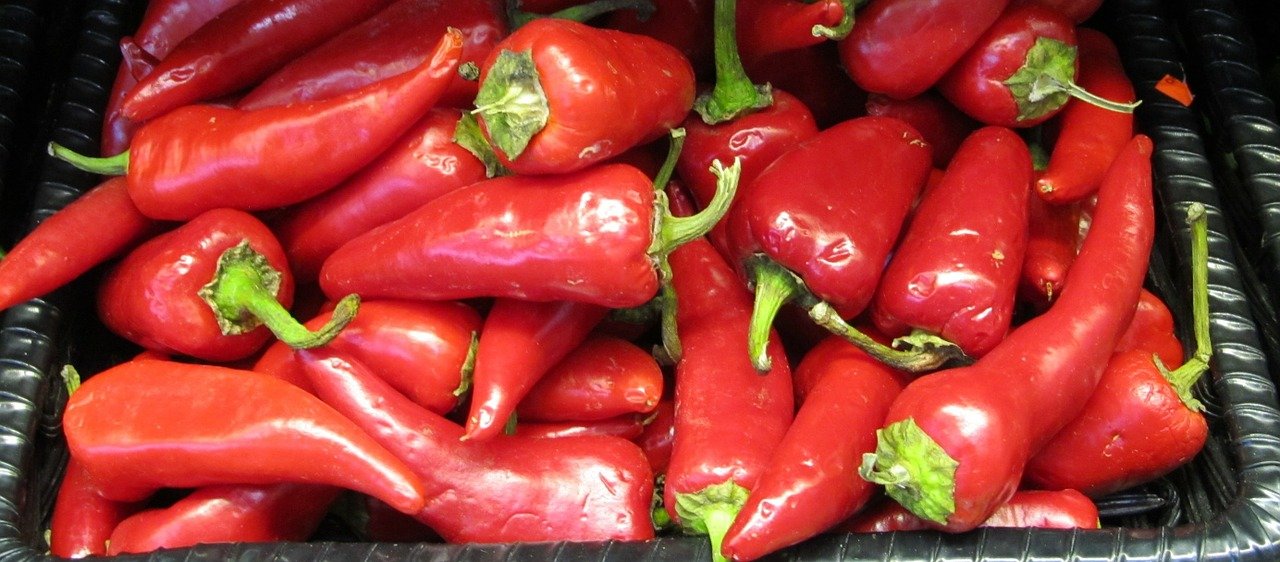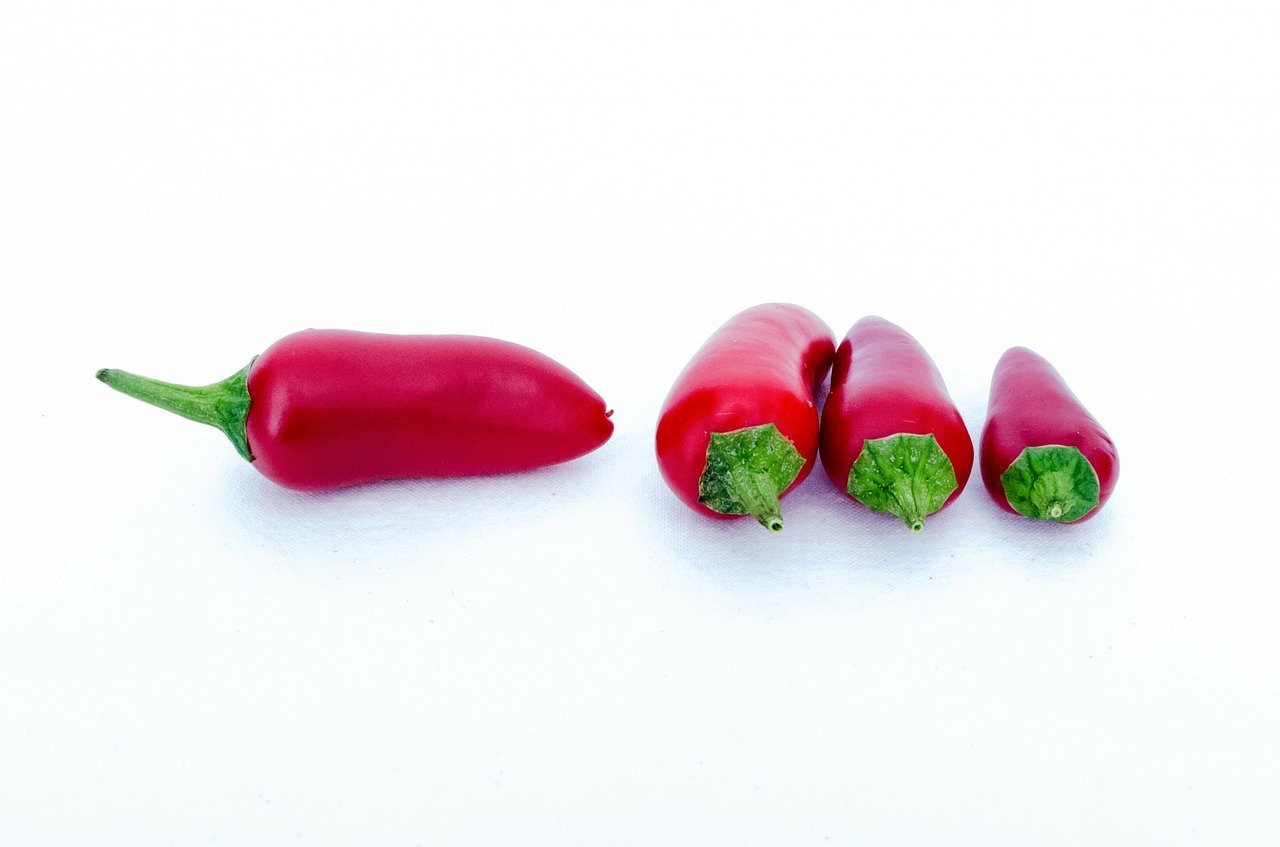
According to a new study from the University of Vermont, consuming hot red chili peppers might help you live longer.
It was found that consuming the red peppers was associated with a 13 percent reduction in mortality. Researchers at the Larner College of Medicine at the University of Vermont discovered that deaths related to issues regarding heart disease and stroke, were the ones that were primarily reduced by 13 percent.
The results from the study have been published in the journal PLOS ONE.

A Connection Between Peppers And Long-Life
It's alleged that there has only ever been one study, aside from this one, that has sought to investigate the link between chili pepper consumption with mortality and that was one conducted in China several years ago. This study strengthens those findings, that there might be something to say about consuming chili peppers and reduced mortality.
The present study from the University of Vermont used National Health and Nutritional Examination Survey information that was collected from roughly 16,000 individuals who had been followed-up with for 23 years. And they had a median follow-up of 18.9 years.

It still isn't clear just why there might be some connection between chili peppers and delayed mortality. However, researchers involved in the study suggest that it might have something to do with the (TRP) Transient Receptor Potential channels, which are the primary receptors for pungent agents (like capsaicin; which is what makes chilies hot). This research might prompt some further research in the future, in the way of clinical trial, which might help us to understand it better.
There are a number of different benefits that are claimed to be associated with regular consumption of chili peppers. And perhaps that's why millions of people have been enjoying peppers as a regular staple in their diet for thousands of years, aside from enjoying their taste and them being a relatively cheap ingredient to use.
For the University of Vermont study, the dietary information was gathered in a cross-sectional manner and therefore has the potential not to accurately represent long-term consumption of chili peppers. But they note that those limitations were given justice and recognized.

The ingredient that makes chilies hot, known as capsaicin, has for some time been said that it might possibly have anti-cancer, anti-obesity, anti-inflammation properties. It has even been claimed that it might be antimicrobial.
The researchers of the study have called for further investigation in the future to better understand this topic and just how chili peppers might benefit us.
Pics:
Pixabay
The information that is posted above is not intended or implied to ever be used as any substitute for professional medical advice, or diagnosis or treatment. The above is posted for informational purposes only.
Sources:
http://www.newswise.com/articles/study-finds-association-between-eating-hot-peppers-and-decreased-mortality
http://journals.plos.org/plosone/article?id=10.1371/journal.pone.0169876
https://www.sciencedaily.com/releases/2017/01/170113133047.htm
http://www.bbc.com/news/magazine-34411492
http://www.webmd.com/food-recipes/news/20170118/hot-peppers-extend-life
